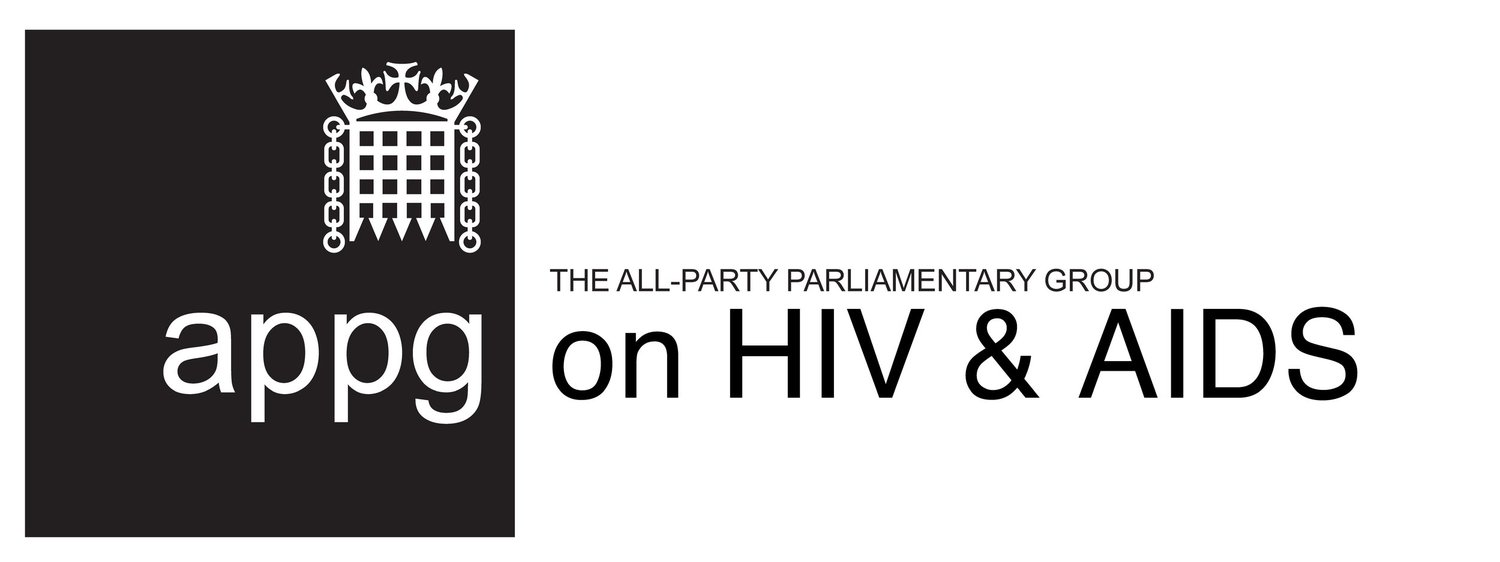Stephen Doughty MP
In a year when the British government should be working to secure progress towards universal health coverage, they are failing to champion access to life-saving medicines globally.
The Italian government has put forward a draft resolution to improve the transparency of markets for drugs, vaccines and other health-related technologies, to be discussed at the World Health Assembly in 10 days’ time.
The resolution sets out an ambitious but practical plan to make clinical trial data and drug pricing, research and development investment – including public contributions – and progressively more transparent. The aim is to improve access to information and therefore strengthen the state’s position when negotiating with industry on what they pay for medicines.
Pharmaceutical companies currently have the upper hand when negotiating drug pricing, which can lead to market failures such as low- and middle-income countries paying more than high-income countries for certain medicines. For example, north African countries were paying more for Pfizer’s PCV13 pneumonia vaccine than France.
Globally,100 million people a year are being pushed into poverty because of out-of-pocket healthcare expenses. While gains have been made in reducing the price of some treatments, new therapies for HIV, tuberculosis, hepatitis C, diabetes and cancer remain prohibitively expensive.
In Access Denied, a report by the all-party parliamentary group on HIV and Aids, we highlighted the market failures that have led to a lack of investment in paediatric HIV medicines. Children living with HIV in the poorest parts of the world should be a clear priority, but the nature of the research and development system discourages investment. It is this kind of market failure that the World Health Organization (WHO) is attempting to rectify with the draft resolution.
The lowest price for bedaquiline, a new tuberculosis medicine, is $400 (£308) for a six-month course. But the drug must be taken as part of a £928 regimen that is unaffordable for many low- and middle-income countries. Because of its high price, only 20% of people in need of bedaquiline have received access to it – even though the drug was financed by philanthropic and public funding sources, including from the UK.
Similarly, Herceptin – a breast cancer treatment largely funded by the British taxpayer, according to a report by StopAids and Global Justice Now – costs £19,418 in Peru, even though the country’s GDP per capita sits at £5,021.
The draft resolution has 10 co-sponsors so far. However, some northern European countries, including the UK, are reportedly attempting to water it down.
Last month, 35 cross-party MPs joined me in calling on the British government to support this WHO resolution. It is disappointing that the UK is seemingly more inclined to listen to pharmaceutical lobby groups rather than patients, civil society organisations and elected MPs. I have written to Matt Hancock, secretary of state for health and social care, asking for an urgent review of the UK’s position on the resolution.
There is a second consultation on the resolution taking place for member states at the WHO on Friday. The UK government should positively engage and support this resolution as a practical way to tackle high drug prices, creating a more just and equitable research and development system for all.
• Stephen Doughty MP is chairman of the all-party parliamentary group on HIV and Aids. He has been leading parliamentary actions on the resolution
